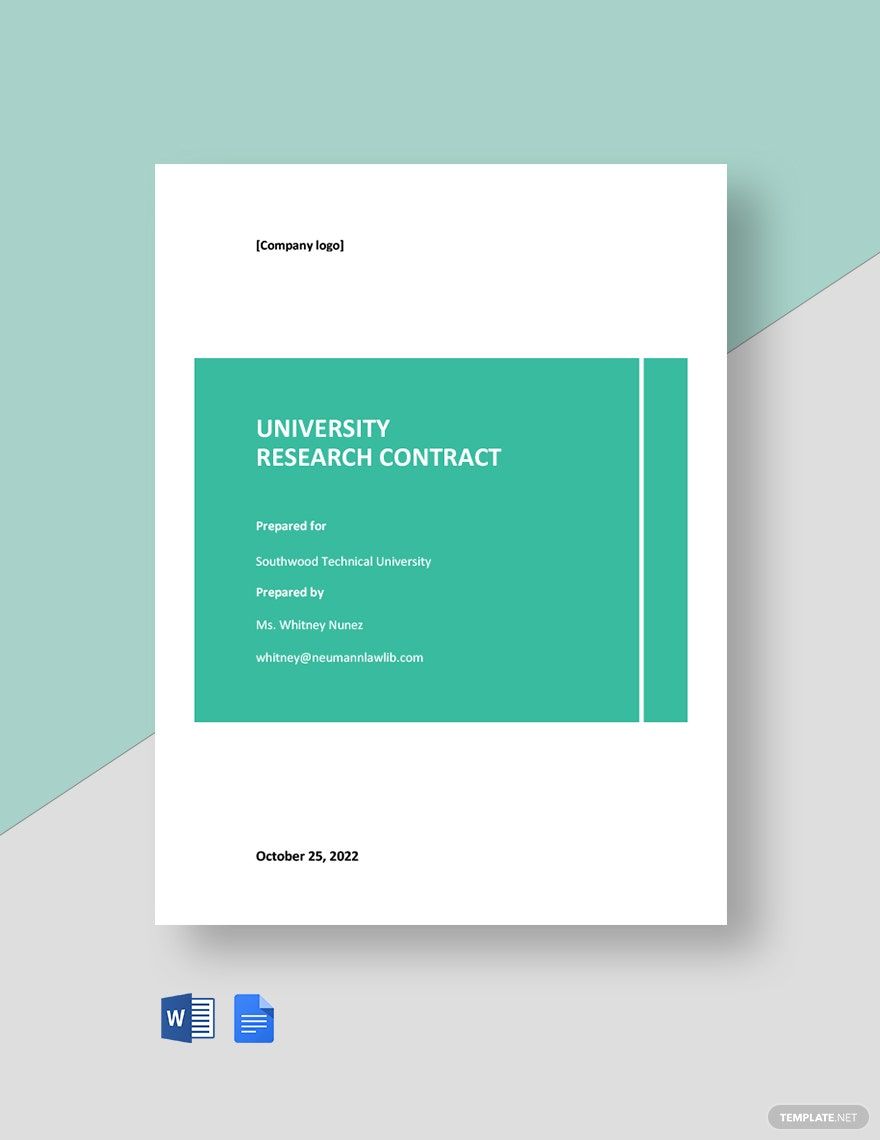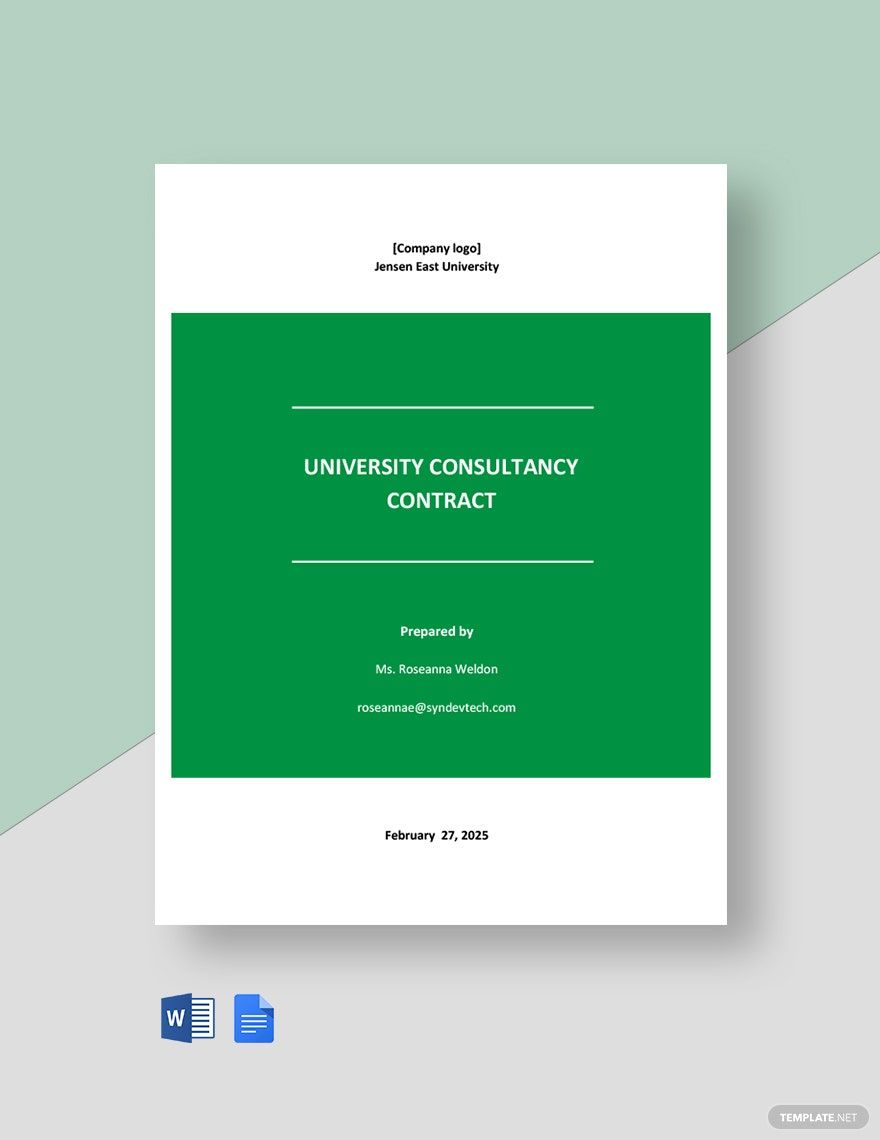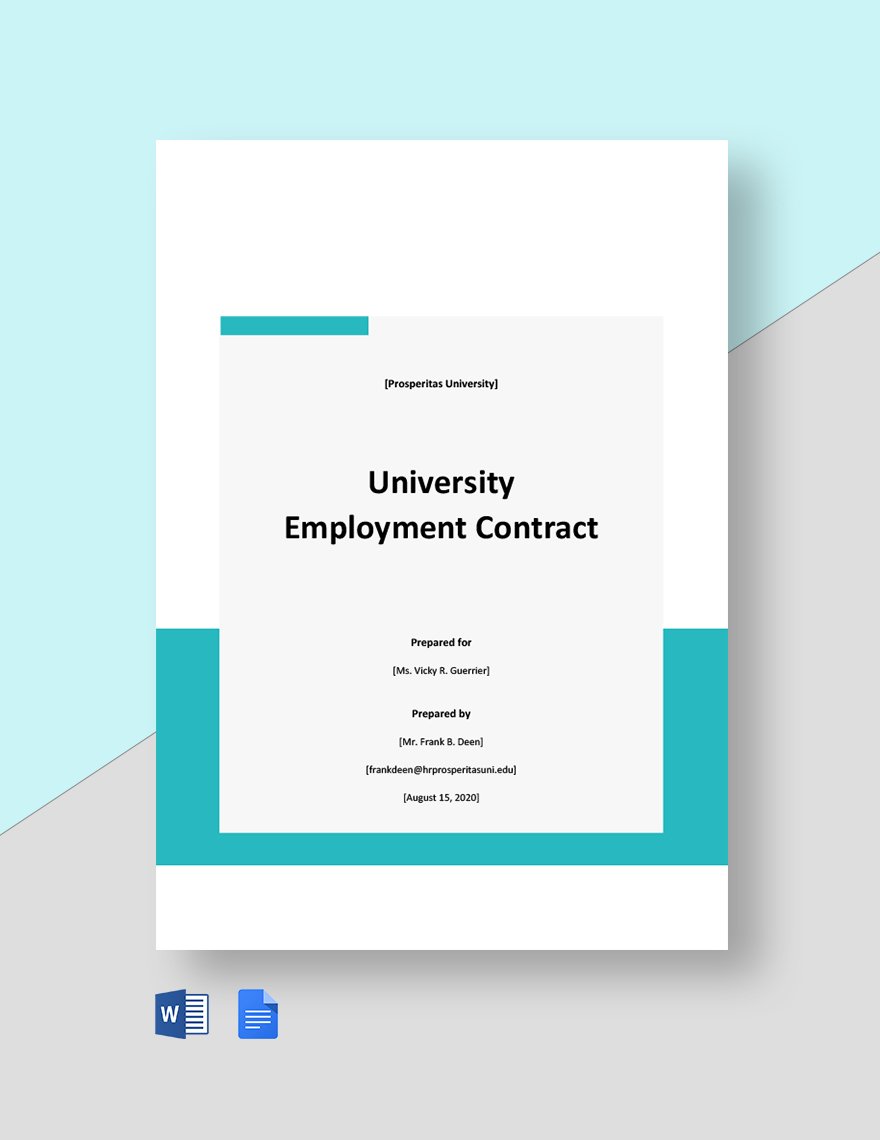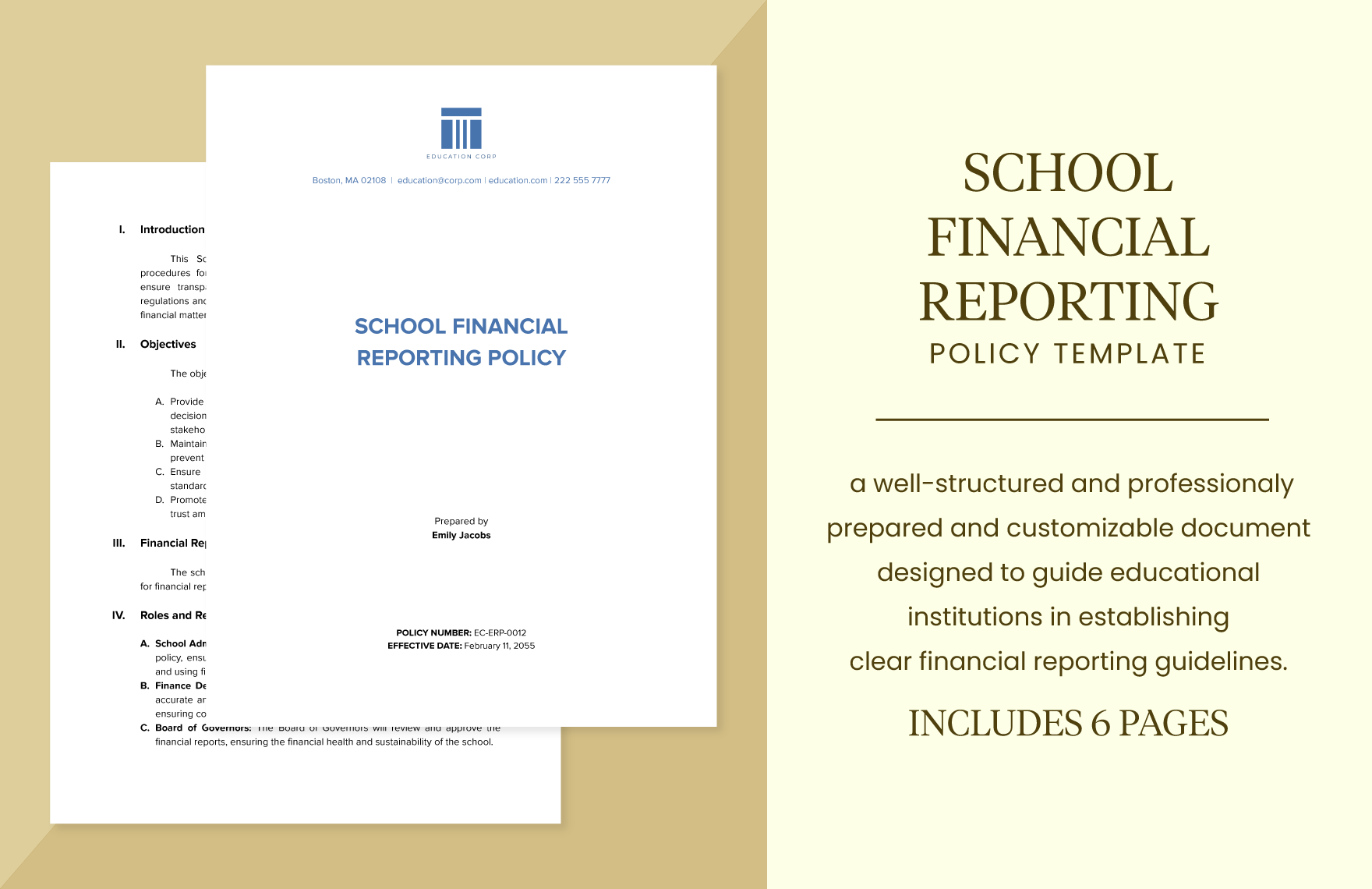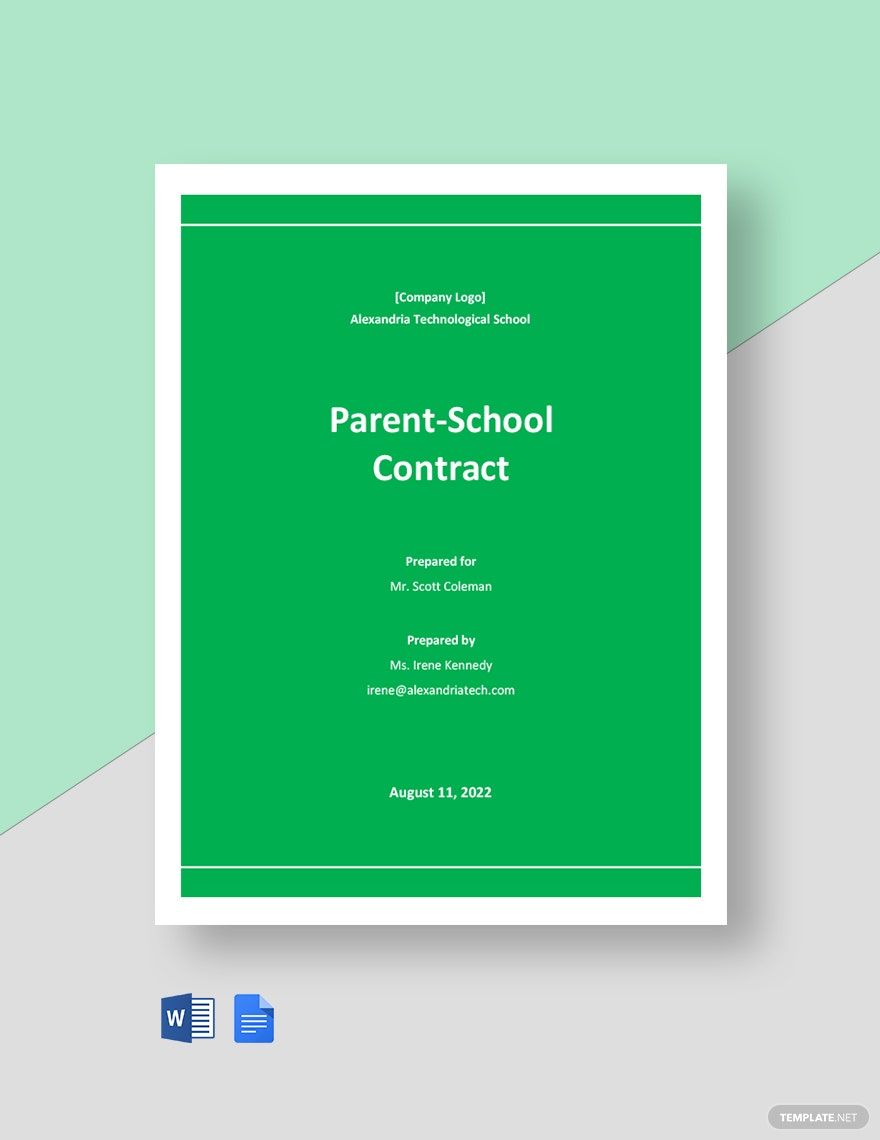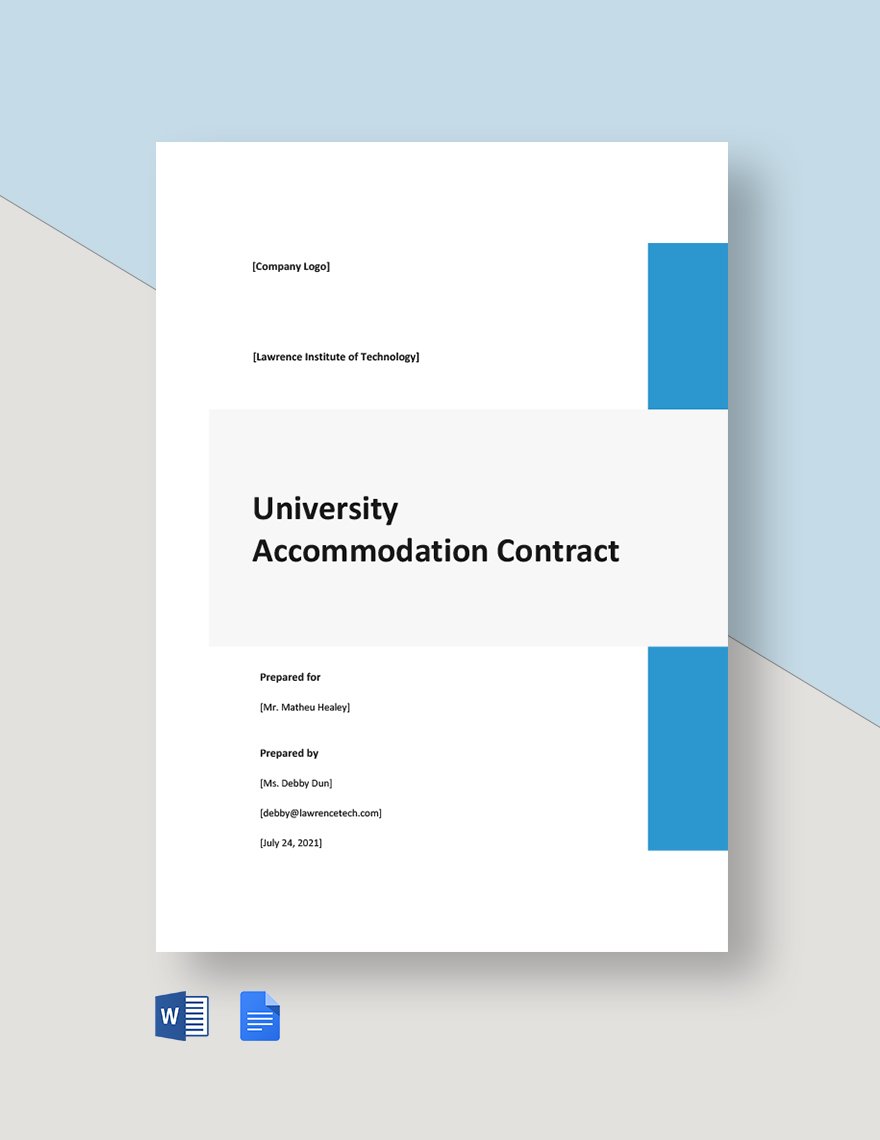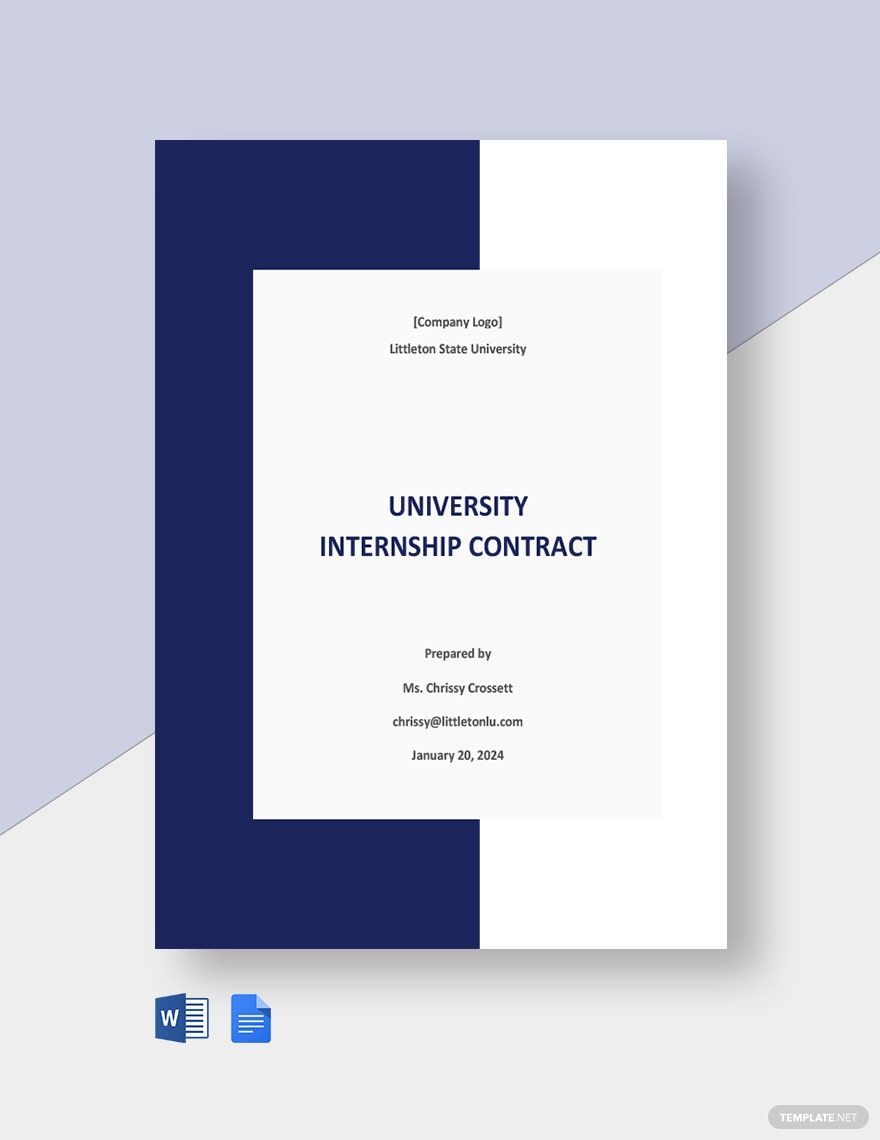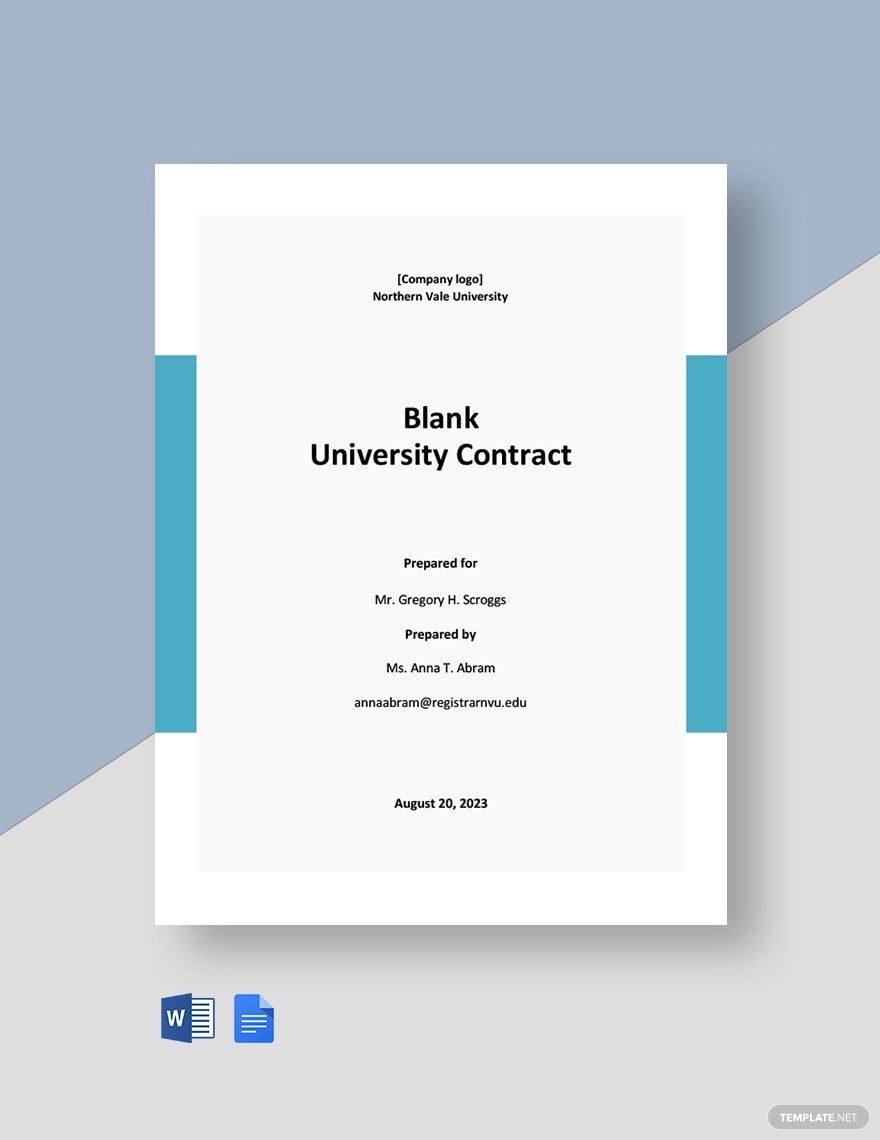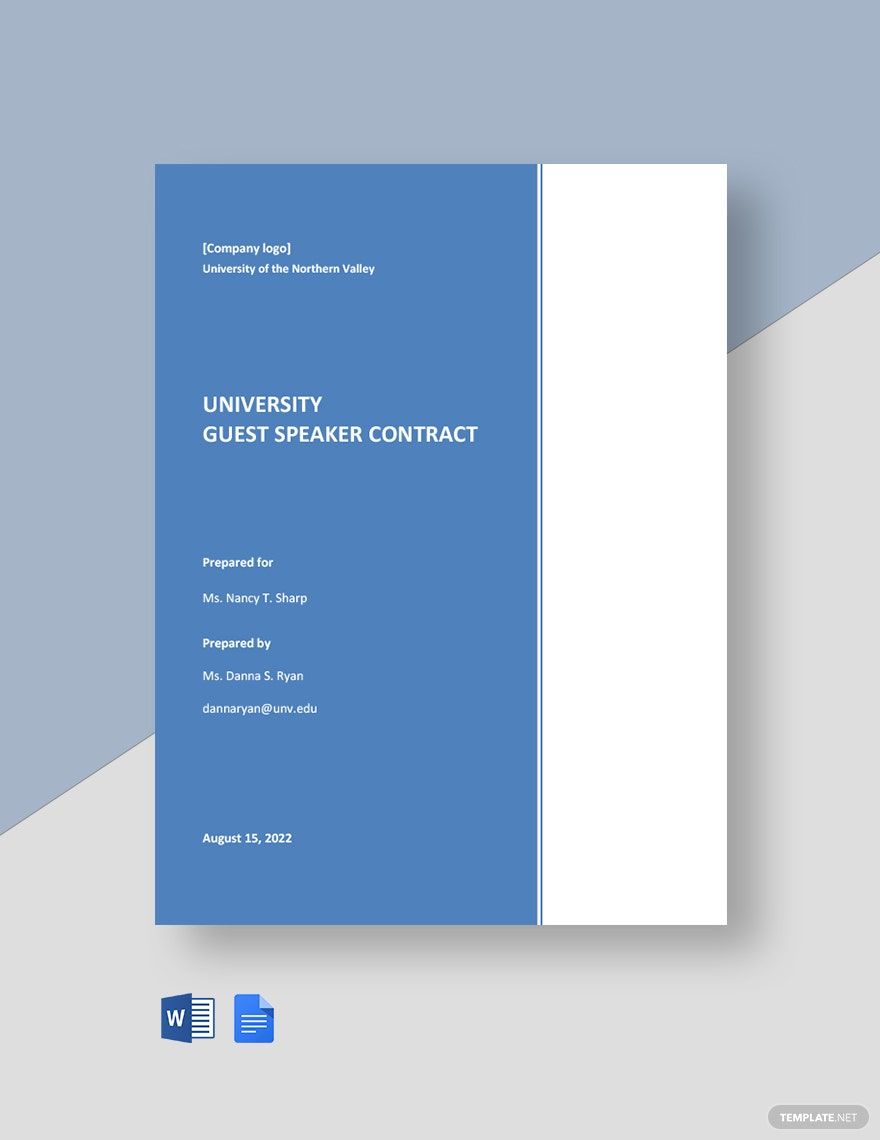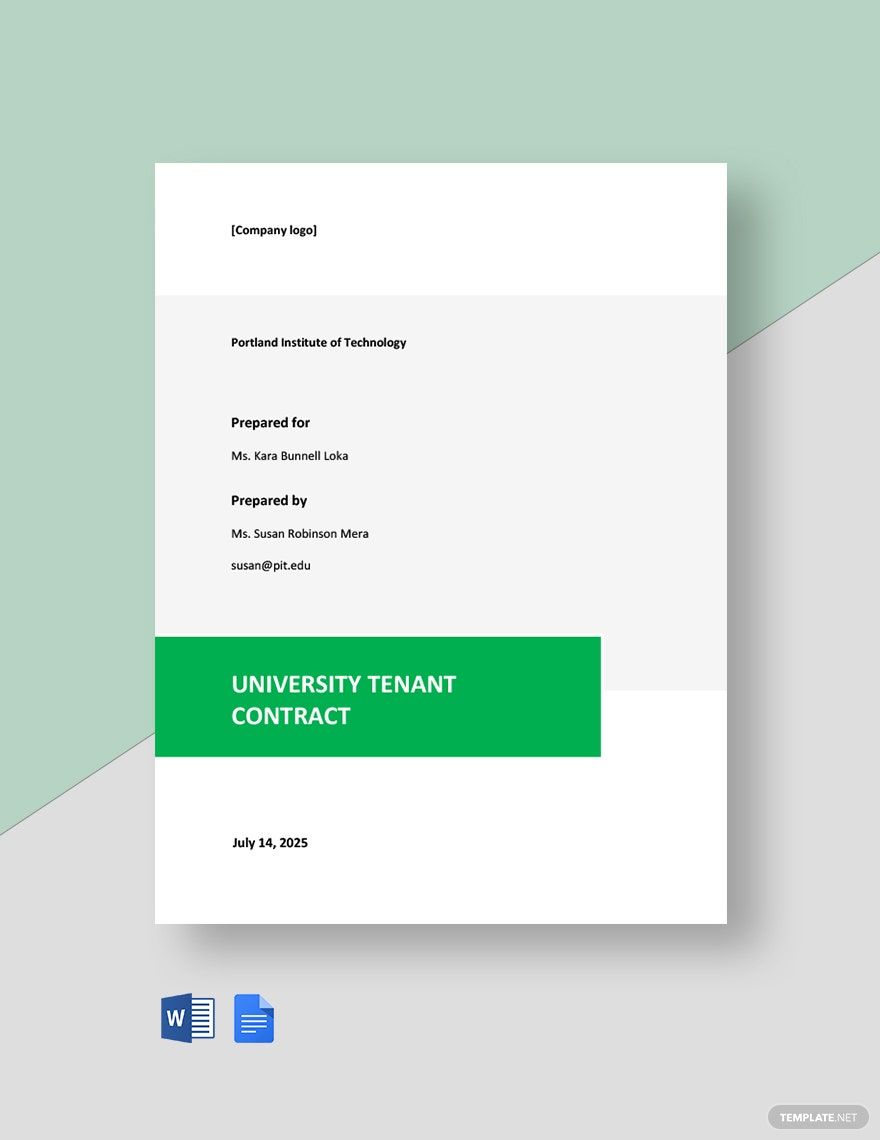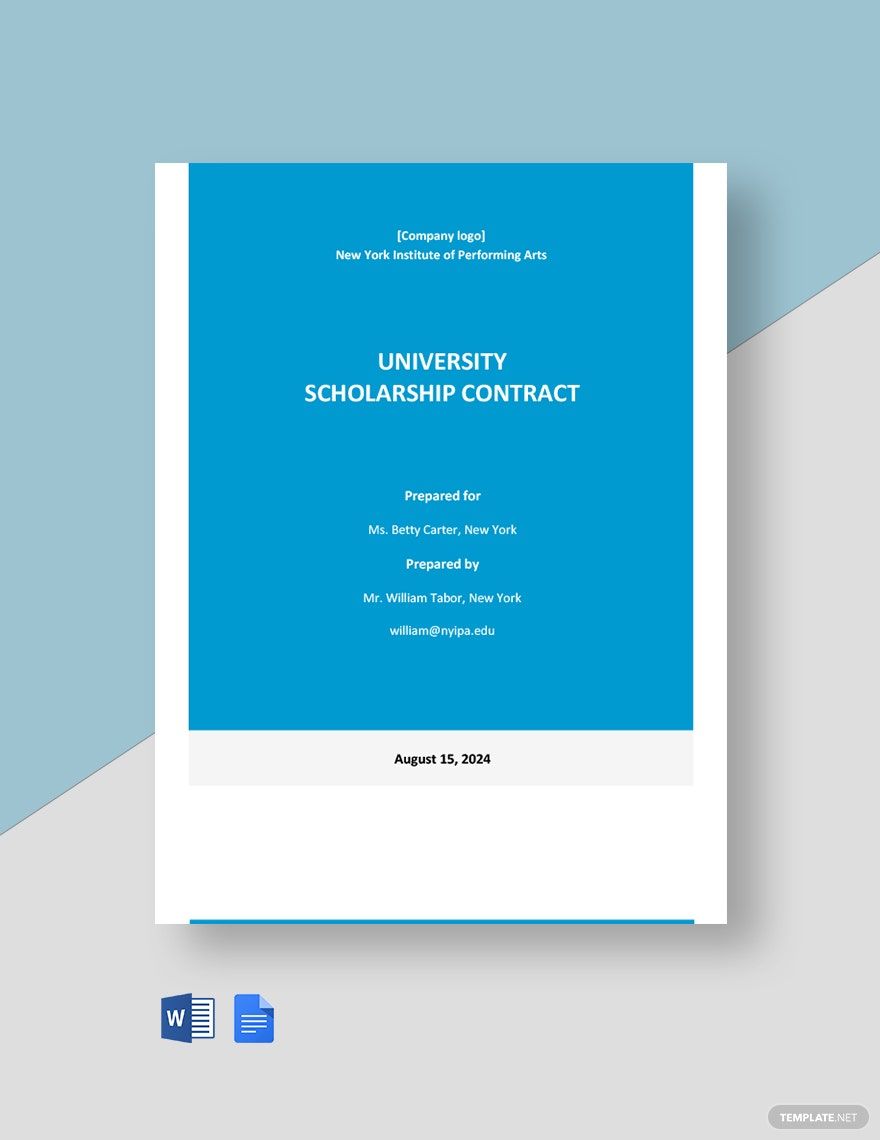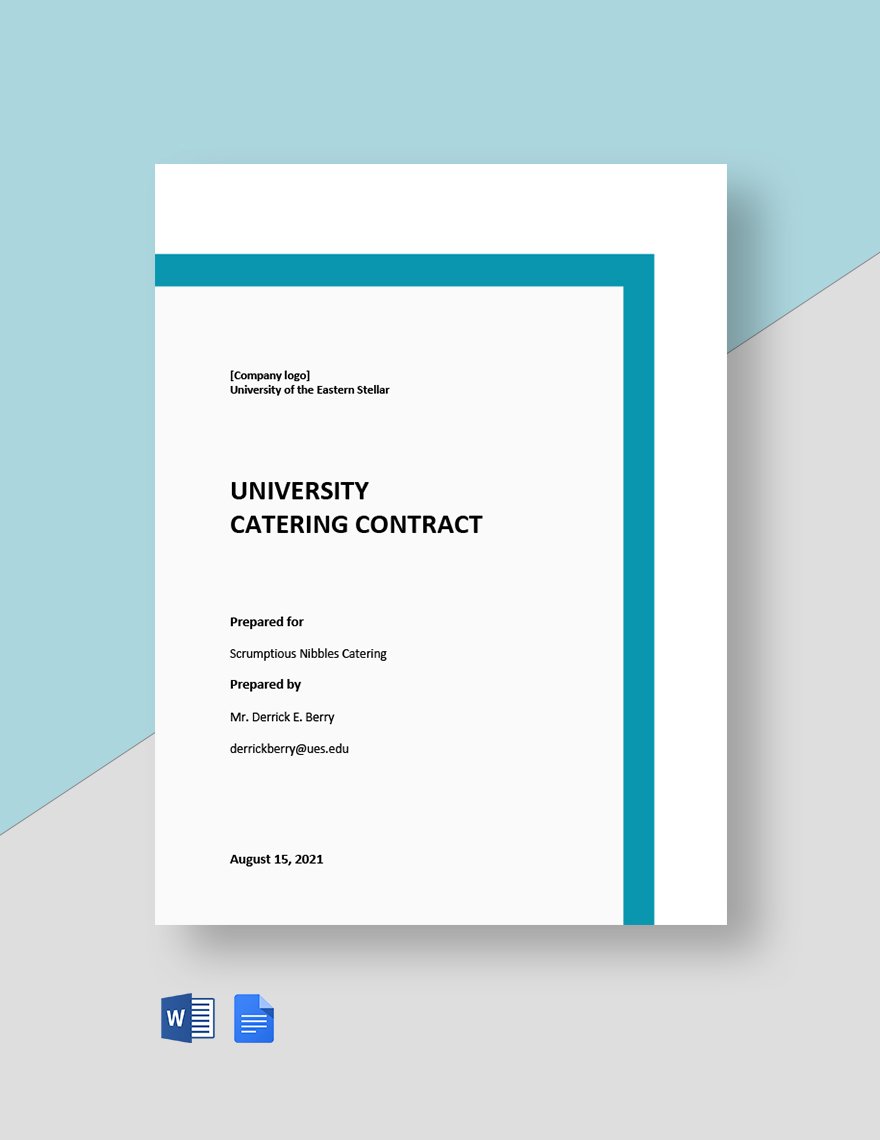When businesses or organizations draft contracts, it’s commonly for employment or tenancy purposes. These entities use contracts to ensure that both parties are on the same page and that they are complying with state laws. Here, we have ready-made University Contract Templates that come with professionally written content. If someone wishes to apply for a job at your university, these easily editable and fully printable templates are perfect for setting the terms and conditions. It doesn’t matter if you’re drafting a contract for Harvard, Duke, or Stanford University, feel free to subscribe to our templates anytime!
How to Draft a University Contract?
A university contract is a document that lays out terms and conditions relating to employment in a learning institution. While this involves two or more parties in agreement, the terms set are typically enforced upon by the state’s contract laws.
In most cases, written contracts hold more value than verbal ones. According to Samuel Goldwyn, “verbal contracts can never equal the document it’s written on.” If you’re planning to draft an employment contract for a university, take a few minutes to read through our guidelines below.
1. Write an Outline with the Other Party
When preparing the document’s outline, it’s best to have the other party around. Why? We’ve heard of the saying “two heads are better than one,” haven’t we? It certainly works when outlining a contract. This way, both parties can contribute to the terms set unless otherwise specified.
2. Use Simple Terms as Much as Possible
Even if the other party has someone who’s well-versed in legal terminologies, it’s best to use simple ones in your business contract. This will allow you to convey the details freely and easily. Also, this ensures that everyone within and outside the parties will fully understand the content.
3. Make Sure to Define Terms and Conditions
Simple contracts are about laying out terms and conditions that both parties should follow. When adding these elements to the contract, make sure to define them clearly. Don’t just rely on simple terminologies, see to it that the sentences itself are written well.
4. Identify Instances for Contract Termination
Apart from the terms and conditions, contracts should also describe cases or instances for termination. For the sake of defining, these are factors that cause one or both parties to end the contract agreement abruptly. Just like the terms and conditions, be sure to write this section well.
5. Keep Everything Concise and Consistent
Earlier, we mentioned that your university contract should use simple terms. Keep it consistent throughout the document. And for the terms, provisions, and the rest of the content, keep everything straightforward to prevent misinterpretation. You can still be detailed and specific while keeping everything concise.
